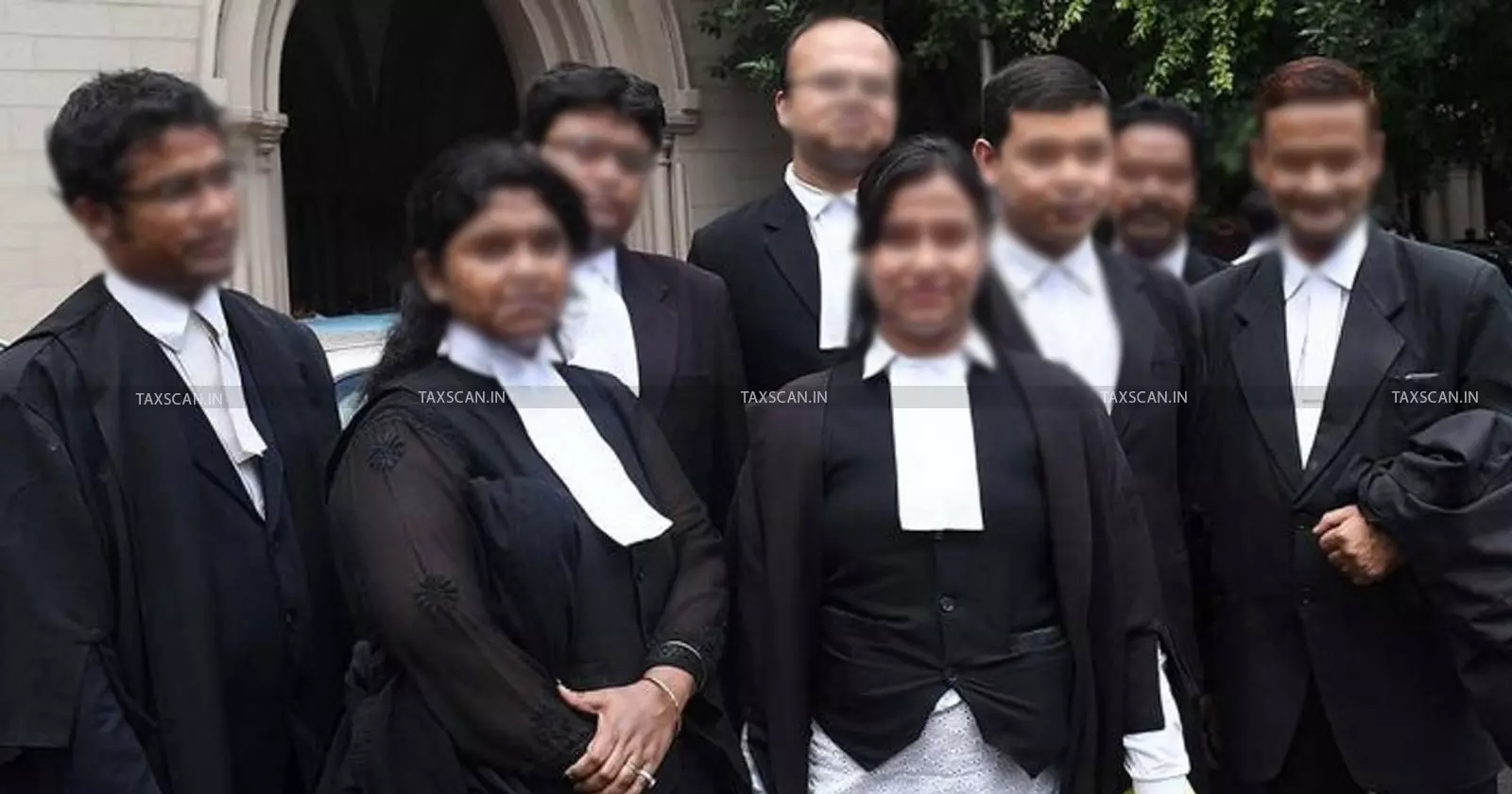Politics
Delhi High Court Rules Lawyers Not Obligated to Verify Client Truth

In a significant legal ruling, the Delhi High Court determined that lawyers are not obligated to verify the truth of their client’s case prior to representation. The court emphasized that attorneys must act according to their clients’ instructions, reinforcing the importance of client advocacy in the legal system.
The decision arose from a Letters Patent Appeal filed by Chand Mehra, who challenged the dismissal of his writ petition. The initial petition contested two orders issued by the Bar Council of Delhi on October 6, 2023, and the Bar Council of India on November 11, 2024. Both councils had dismissed Mehra’s complaint against three advocates who represented his opposing party in a case concerning cheque dishonor under Section 138 of the Negotiable Instruments Act, 1881.
Mehra’s counsel argued that the advocates should have verified the facts of the case before accepting representation, asserting that their failure constituted professional misconduct. Furthermore, the defense claimed that the advocates could not simply act as “mouthpieces” for their clients under the guidelines established by the Bar Council of India.
In response, the counsel for the advocates contended that no fiduciary or professional relationship existed between Mehra and the three representatives. They cited the Advocates Act, 1961, which mandates that lawyers act on client instructions without the requirement to investigate the accuracy of those claims. The advocates’ counsel stated that determining the veracity of a client’s case is the court’s responsibility, not that of the lawyer.
The Division Bench, consisting of Chief Justice Devendra Kumar Upadhyaya and Justice Tushar Rao Gedela, agreed with the reasoning put forth by the Bar Council of India. They stated that no evidence of professional misconduct had been established. The court clarified that attorneys are bound to follow their clients’ instructions and reiterated that it is the court’s role to assess the truthfulness of the pleadings.
Additionally, the court noted that Mehra’s allegations concerning perjury and document fabrication were already under review in separate legal proceedings, specifically under Section 340 of the Criminal Procedure Code. Consequently, the court dismissed the appeal, declaring it lacked merit and affirming that there was no illegality or irregularity in the initial order made by the Single Judge. Each party was instructed to bear its own costs.
This ruling highlights the delicate balance between client representation and the ethical responsibilities of legal practitioners, reaffirming the principle that lawyers serve their clients’ interests, while the courts adjudicate the truth of the matters brought before them.
-

 World5 months ago
World5 months agoSBI Announces QIP Floor Price at ₹811.05 Per Share
-

 Lifestyle5 months ago
Lifestyle5 months agoCept Unveils ₹3.1 Crore Urban Mobility Plan for Sustainable Growth
-

 Science4 months ago
Science4 months agoNew Blood Group Discovered in South Indian Woman at Rotary Centre
-

 World5 months ago
World5 months agoTorrential Rains Cause Flash Flooding in New York and New Jersey
-

 Top Stories5 months ago
Top Stories5 months agoKonkani Cultural Organisation to Host Pearl Jubilee in Abu Dhabi
-

 Sports4 months ago
Sports4 months agoBroad Advocates for Bowling Change Ahead of Final Test Against India
-

 Science5 months ago
Science5 months agoNothing Headphone 1 Review: A Bold Contender in Audio Design
-

 Top Stories5 months ago
Top Stories5 months agoAir India Crash Investigation Highlights Boeing Fuel Switch Concerns
-

 Business5 months ago
Business5 months agoIndian Stock Market Rebounds: Sensex and Nifty Rise After Four-Day Decline
-

 Sports4 months ago
Sports4 months agoCristian Totti Retires at 19: Pressure of Fame Takes Toll
-

 Politics5 months ago
Politics5 months agoAbandoned Doberman Finds New Home After Journey to Prague
-

 Top Stories5 months ago
Top Stories5 months agoPatna Bank Manager Abhishek Varun Found Dead in Well









